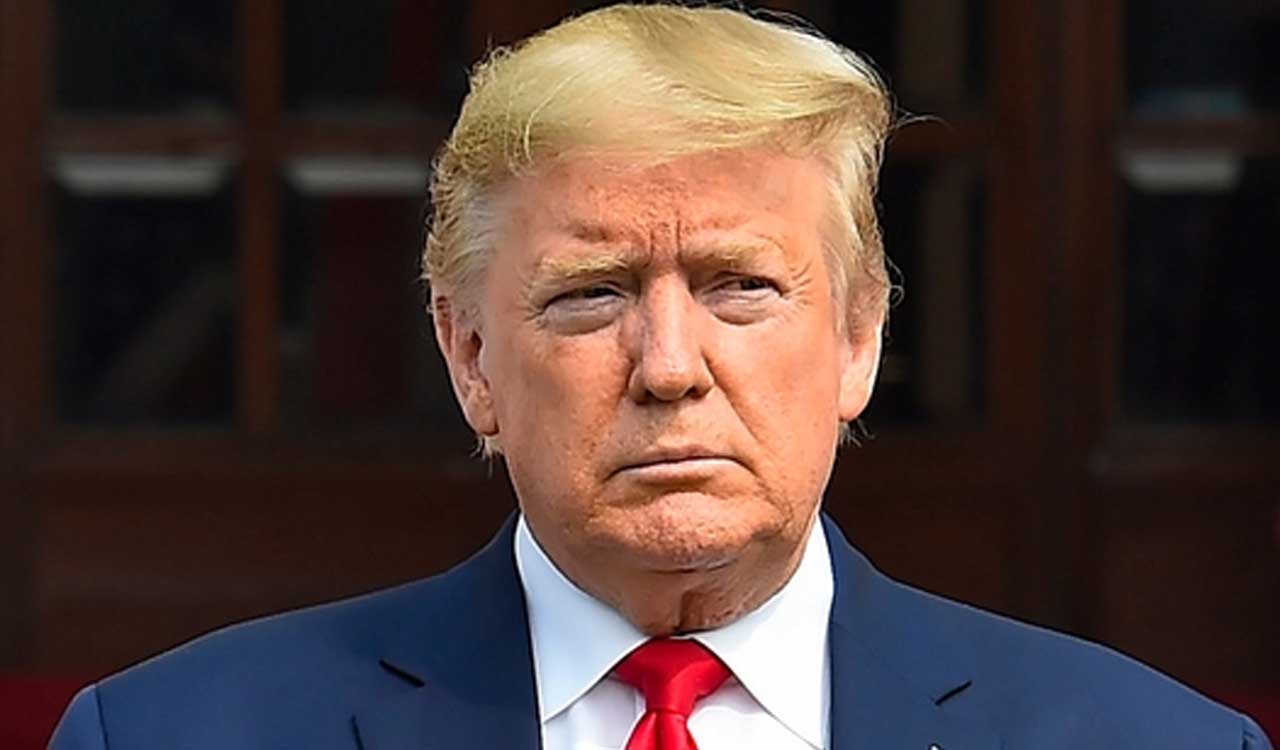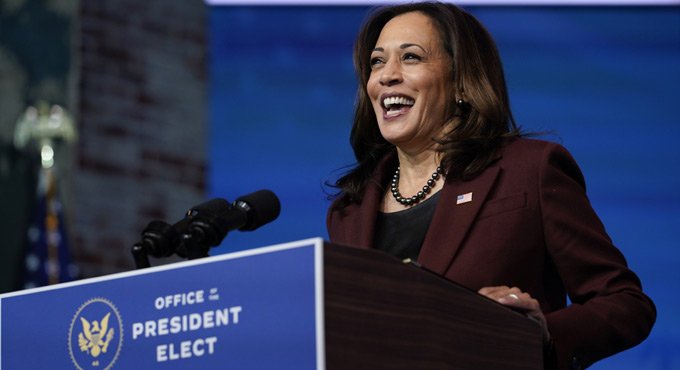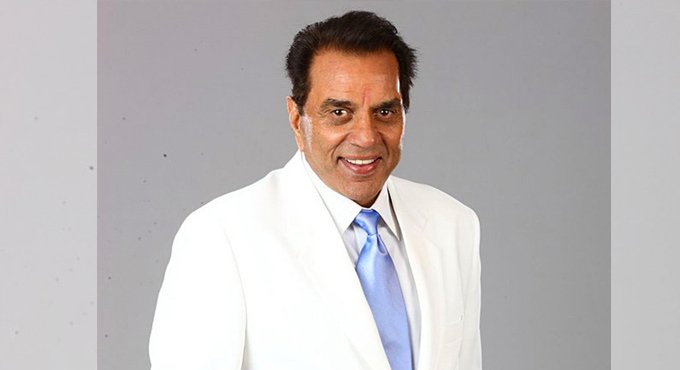Senators voting in weekend session to meet Trump’s deadline for passing his tax and spending cuts
The proceedings came to a standstill, prompting Vice President JD Vance to arrive at the Capitol to break a potential tie.

Washington: The Senate dragged through a prolonged procedural vote that stretched toward a third hour during a rare Saturday evening session as Republicans struggled to advance President Donald Trump’s sweeping package of tax breaks, spending cuts, and boosted deportation funds before his self-imposed July Fourth deadline. The proceedings came to a standstill, prompting Vice President JD Vance to arrive at the Capitol to break a potential tie. Tense scenes unfolded in the chamber as senators huddled in negotiations and broke off for private meetings, with several Republican senators voicing opposition to opening debate on the bill.
Republicans, using their majorities in Congress, are pushing aside Democratic opposition but have encountered a series of political and policy setbacks. Not all GOP lawmakers support proposals to reduce spending on Medicaid, food stamps, and other programs to help cover the cost of extending roughly $3.8 trillion in Trump tax breaks. “It’s time to get this legislation across the finish line,” said Senate Majority Leader John Thune, R-S.D., as the session continued.
Ahead of the expected roll call, the White House released a statement strongly supporting the bill, saying it “implements critical aspects” of Trump’s agenda. Trump himself spent Saturday at his golf course in Virginia, while GOP senators posted about it on social media. By nightfall, however, Trump lashed out at Republican holdouts, threatening to campaign against Sen. Thom Tillis of North Carolina, who said he could not support the bill due to deep Medicaid cuts that could leave many in his state without health care.
The 940-page bill was released shortly before midnight Friday. Senators are expected to grind through the days ahead with all-night debates and amendments. If the Senate passes the bill, it must return to the House for final votes before reaching the White House. With narrow Republican majorities in the House and Senate, leaders need almost every GOP lawmaker on board, facing unified opposition from Democrats. Pressure is mounting from all sides — billionaire Elon Musk criticized the package as “utterly insane and destructive,” warning that it would “destroy millions of jobs in America and cause immense strategic harm.”
Senate Democratic Leader Chuck Schumer of New York accused Republicans of dropping the bill “in the dead of night” and rushing to pass it before the public knows what’s inside. He is expected to call for a full reading of the text in the Senate, which could take hours.
The weekend session could be a make-or-break moment for Trump’s party, which has invested significant political capital in his signature domestic policy plan. Trump continues to push Congress to wrap it up, though he sometimes signals openness to more time. At recent White House events, Trump has scolded GOP “grandstanders” to fall in line.
At its core, the legislation would make permanent many tax breaks from Trump’s first term that are set to expire at year’s end if Congress does not act, potentially resulting in tax increases for Americans. The bill adds new breaks, such as exempting tips from taxes, and allocates $350 billion for national security, including Trump’s mass deportation agenda. But cuts to Medicaid, food stamps, and green energy investments — which top Democrat Sen. Ron Wyden of Oregon called a “death sentence” for America’s wind and solar industries — have caused dissent within GOP ranks. Some Republicans believe the cuts go too far, especially for those receiving health care through Medicaid, while conservatives worried about the national debt are demanding deeper cuts.
Sen. Tillis said he spoke with Trump late Friday to explain his concerns and announced Saturday he could not support the package due to the health care changes that would force his state to “make painful decisions like eliminating Medicaid coverage for hundreds of thousands.” Sen. Rand Paul of Kentucky opposes the bill’s provision to raise the nation’s debt limit by $5 trillion. Sen. Tim Sheehy of Montana agreed to proceed only after being assured that a provision for public land sales he opposes would be removed by amendment.
Republicans revised several proposals after setbacks. The Senate parliamentarian had reviewed the bill to ensure it complied with the chamber’s “Byrd Rule,” which bars unrelated policy matters from budget bills unless they can secure 60 votes. Proposals like shifting food stamp costs to states or gutting the Consumer Financial Protection Bureau’s funding structure were deemed noncompliant, but Republicans quickly revised and reinstated them. The final text includes cuts to the Medicaid provider tax, which drew objections over rural hospitals’ fate, but now extends the start date for those cuts and sets up a $25 billion fund for rural hospitals and providers.
The nonpartisan Congressional Budget Office said that under the House-passed version, about 10.9 million more people would lose health care and at least 3 million fewer would qualify for food aid. The CBO has not yet assessed the Senate draft, which proposes steeper reductions. The House version would give top income earners about a $12,000 tax cut, while costing the poorest Americans $1,600.
A dispute over the so-called SALT deduction, which allows taxpayers to deduct state and local taxes, remains unsettled. The current cap is $10,000 a year. Some Republicans want to raise it to $40,000. The final draft includes a $40,000 cap for five years, but many Republican senators still say it is too generous. At least one House GOP holdout, Rep. Nick LaLota of New York, said it would be insufficient.
House Speaker Mike Johnson sent his colleagues home for the weekend but asked them to remain on call. As the Senate draft emerged, House GOP support remained uncertain. Rep. David Valadao of California said he opposes the package.
Related News
-
Rain disrupt flights at Hyderabad’s RGIA, IndiGo issues advisory
40 mins ago -
Telugu university to launch full-fledged Magic curriculum next academic year
1 hour ago -
Hyderabad Sankara Eye Hospital restores vision for elderly patients using advanced cataract surgery
2 hours ago -
Hyderabad: Family donates organs of 24-year-old after road accident in Shamshabad
2 hours ago -
Walk-in enquiries at Secunderabad RPO suspended on February 26
2 hours ago -
Property owners protest land acquisition notices for Musi River Front Project development
2 hours ago -
Adilabad police bust gang of four cyber fraudsters, including minor
3 hours ago -
Hyderabad police seize nearly 2,000 counterfeit SKF bearings in raids
3 hours ago




